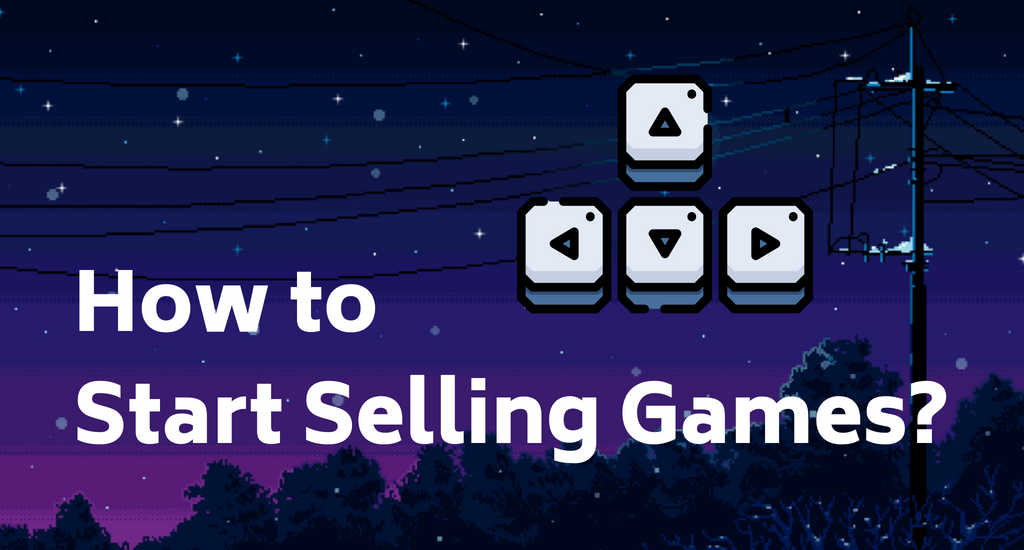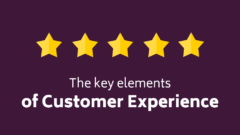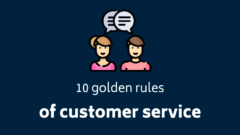Starting an online business, especially a digital games store, is so easy that it can be accomplished in less than a day. However, setting up a store is not enough to start making money on it. The first couple of months might be tough, but if you optimise your store in line with the needs of your potential customers, sales will eventually pick up. The best way to ensure that your project won’t turn out to be a failure is to prepare the strategy beforehand and act on it from day 1.
Why should you sell digital games?
If you’re a starting entrepreneur and a tech-savvy person at the same time, then digital games are a perfect product for your online store. With digital games, you don’t have to deal with the hassle of managing inventory or packaging and shipping products. You can focus solely on customer experience and marketing, which are the most important aspects of retail nowadays.
Your Unique Selling Proposition
Digital games are a highly desirable product. But, as it often happens with products in high demand, the supply also goes through the roof. Don’t worry though, you didn’t miss the boat yet. The crucial thing when it comes to entering a highly saturated market is to find your niche and Unique Selling Proposition.
Here you have a few tips on how to approach this challenge:
- Try to pinpoint a specific group of people that would benefit from playing games you sell, e.g. games for people over 50, games for kids, queer games etc.
- Choose one genre of games to sell in your store, like first-person shooter, survival or multiplayer.
- Compile a selection of games that have a certain quality, e.g. games that are emotionally-heavy, post-apocalyptic, or violent.
- Focus on the advantages of your customer service. Instant delivery of game keys or 24/7 support is definitely something you’d want to be highlighted.
Note that you don’t have to choose only one category. Compose your USP however you like, as long as you have a creative idea on how to promote it.
An example of a store based on a great Unique Selling Point is Humble Bundle. They sell mostly bundles of indie games, which alone could be a strong enough USP, but they also allow the buyer to choose the price and the split of profits between game devs, Humble Bundle team and charity. No wonder Humble Bundle webpage has over 61M visits a month.
Pick an eCommerce platform
When your USP is perfectly refined, it’s time to find an eCommerce CMS that will allow you to fulfil your plan. There are hundreds of options available. To pick the right one, define criteria of choice that are most important to you. Remember to consider the following aspects:
- Digital adaptation. Do your research to find out which platforms provide a secure system for managing digital goods.
- Available payment methods. Most platforms offer PayPal, which is the most popular payment gateway nowadays. PayPal works great in North America and Europe but, if you plan to sell your products elsewhere, look for additional payment options.
- Hosted or self-hosted. Consider how much control you would like to keep over the performance of your store’s website.
- The cost. Choose the platform that fits your budget. Read all the payment plans carefully. Some of the platforms charge you with a monthly fee, while others want a cut from your profits.
We highly recommend one of the platforms that can be quickly integrated with CodesWholesale via our plugin. CodesWholesale currently offers plugins for Shopify, WooCommerce, Magento, OpenCart and PrestaShop. Read more about our plugins here.
If none of the platforms has enough functionalities for you, then you can always hire a web developer who will build a store tailored to your needs. A custom-built store can be integrated with CodesWholesale via API by adding a few extra lines to the source code. Click here to check out API docs.
Plan your marketing strategy
As your store gradually comes to life, you should take time to plan ahead all your marketing efforts. After all, marketing will be your only objective because the CodesWholesale plugin is designed to handle sales and deliveries on autopilot for you.
First, identify your target audience. For successful communication, find out who are you trying to communicate with. Create a profile of your ideal customer and adjust your communication strategy to his or her needs.
After customer analysis, conduct a competitor analysis. Determine how your offering is better or worse than your competitors’.
Set your goals and make them as SMART as possible. SMART is an acronym for: Specific, Measurable, Achievable, Relevant, and Time-sensitive.
Pick your marketing tools. There are thousands of marketing channels available so choose the ones that will bring you the best results at a minimum cost. Consider which social media you’re going to use, and which of them enable you to run paid advertising campaigns. Start gathering emails for newsletter subscription right away and plan the frequency and content of your mailings. Finally, think about establishing a blog that will drive organic traffic to your store.
Whatever you do at your website, always remember about SEO. Choose the right keywords and use them frequently to make your store rank higher in search results.
Never stop learning
Digital games industry is quickly changing, so don’t stay behind. To sell games successfully, keep up with the news related to gaming and eCommerce. Research new marketing techniques and try them out to be one step ahead of your competitors. If you’re unsure about your new crazy idea, don’t hesitate to ask for feedback on forums or among the people you trust.
As you can see, selling games online is not only about the infrastructure of your store. CodesWholesale provides you with games, descriptions, assets, and apps that automate order fulfilment completely. The only job left is to create a unique approach that will distinct your store from the crowd – unfortunately, there’s no plugin for that (yet).
About the author

- Elliot
- Content specialist and gaming enthusiast. Trained to be a philosopher. Interested in Deep Learning, scalability and startups.






